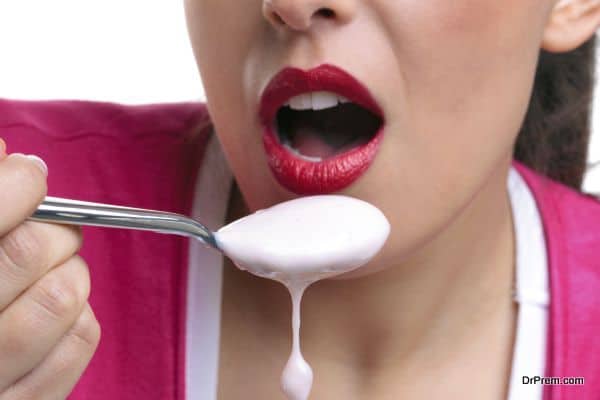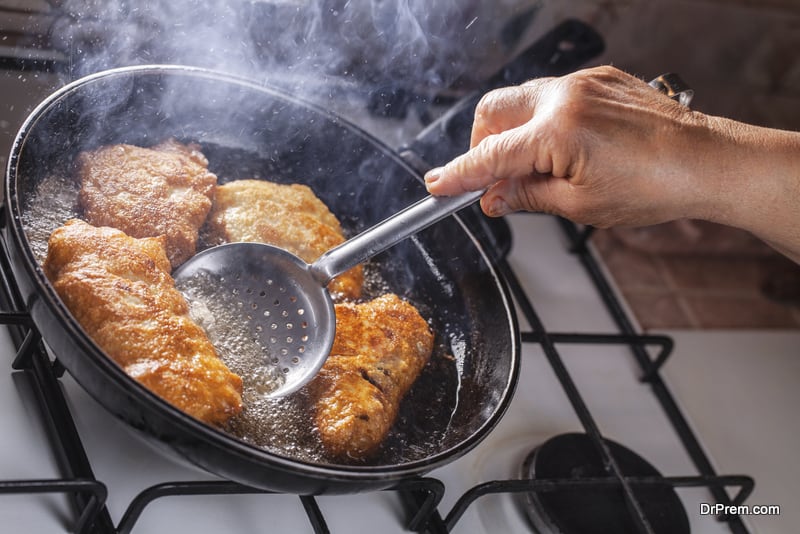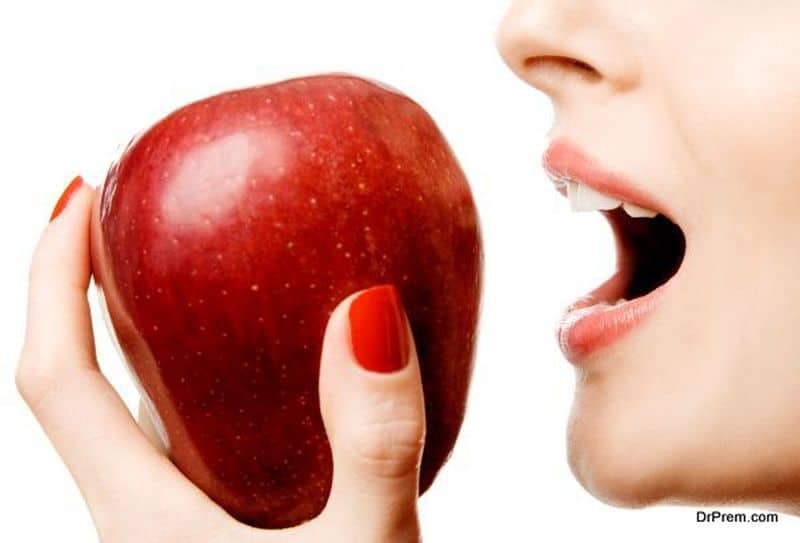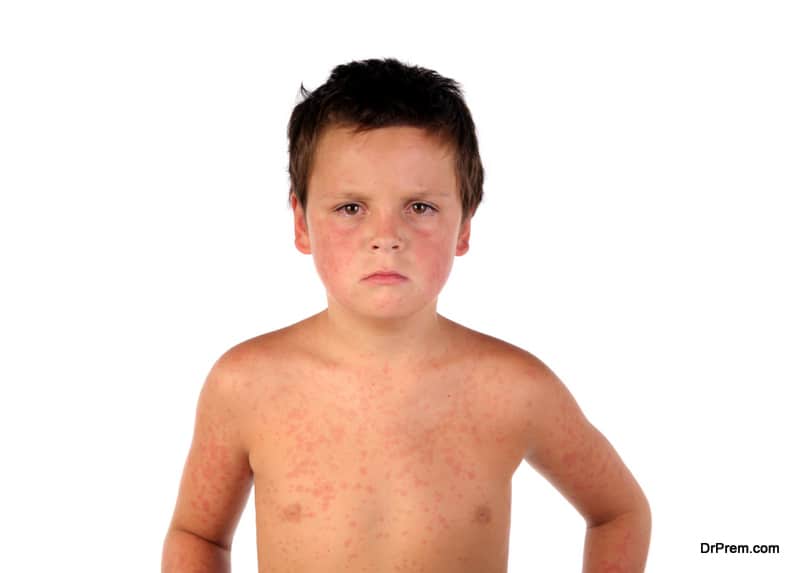Health researches indicate that millions of people around the world suffer from gastrointestinal (GIT) symptoms. Symptoms such as abdominal cramps, diarrhea, bloating, constipation and nausea indicate a GIT problem. The GIT processes food in the human body. Mouth, salivary glands, stomach, small & large intestine, colon, liver, pancreas and the gall bladder are part of the digestive system. GIT is very sensitive to the type of food it processes.
Hence, it is essential that one eats the right type of food to avoid digestive disorders. Certain foods cause allergies in people which lead to digestive problems. It is helpful to identify such foods from your diet for a certain period of time and wait for the digestive disorder symptom to get resolved in this period.
Keeping a food diary and tracking the foods that cause problem will be useful in preventing digestive disorders. The list below mentions about foods to avoid digestive problems. Note that the list of foods given below is not exhaustive but provides a informative list of food that should be avoided:
10 Foods to avoid digestive problems:
1. Dairy Products
Lactose intolerant people have difficulty in absorbing lactose after the intake of dairy and its related products. Lactose intolerance is an enzyme deficiency which is a disability to digest lactose (a sugar found in milk). Symptoms include indigestion, bloating, gas and diarrhea. Such people should stay away from dairy foods such as yogurt, butter, cheese, cow’s milk and ice-cream.
2. Fructose foods
Fructose malabsorption or dietary fructose intolerance refers to a condition where the fructose absorption is hindered in the small intestine. Symptoms include bloating, flatulence, and constipation with/without diarrhea. People with such condition should avoid foods that have more fructose than glucose.
There are foods rich in fructans, such as green beans, onions, pasta, breakfast cereals, cakes, biscuits, breads, beer and fruits such as apples, papaya, watermelon, pear and star fruit should be avoided. Also, food containing sorbitol, such as diet drink should be avoided.
3. Fried foods:
Fried foods are high in fat and tough to digest. Chops, meat balls, crispy fries and the like should be avoided by people with digestive problems.
4. High fiber foods
The common sources of fiber come from fruits, vegetables and grains. Irrespective of the source, all the fibers are known to cause flatulence. Increased fiber in foods causes bloating and gas problems. Avoid intake of high fiber foods or have it in small portions. Increasing the high-fiber foods gradually can help you pin point the one which is causing problem.
5. Spicy foods
Certain foods irritate the lining of esophagus and contribute to heartburn and acid reflux. Typical spicy food contains large amounts of capsaicin which irritates the tissues of the stomach. This can cause heart burn and stomach pain. It is better to avoid any food that contains chilli peppers to prevent digestive problems.
6. Legumes:
This category of protein-rich foods includes everything from beans, lentils, peanuts and even soy products. Aflatoxin of peanuts and phytoestrogens are likely to irritate the bowel system. Others may not be that bad but it is recommended to take in moderate amounts.
7. Citrus foods
Foods with lot of fiber causes diarrhea. The acid in the fruit can upset the digestive tract causing indigestion. Citrus fruits such as pineapple, tangerines and oranges should be avoided. Carbonated drinks should also be kept away since these drinks are also acidic in nature.
8. Gassy veggies and whole grains:
Consuming beans, cabbage, broccoli, cauliflower or whole grains often causes bloating and flatulence. Raffinose is a type of sugar found in beans. It is difficult to digest and break down this sugar by the human body since it does not have the enzyme that can break down this sugar. Once consumed, this undigested sugar reaches the large intestine. This ferments the sugar to produce gas. Beans produce more gas when eaten raw. It should be soaked and cooked to lessen the production of gas. Few dietary supplements contains the enzyme which helps in digesting raffinose. Adding or taking small amount of such supplements helps to enjoy your meal.
9. Alcohol:
Alcohol negatively affects almost every system of our body and is one of the prominent foods to avoid digestive problems. Regular alcohol consumption can cause leaky gut syndrome and inflammation of the gut.
10. Other foods that cause heart burn
There are few foods and drinks that cause acid reflux and aggravate heart burn symptoms. Heart burn occurs when lower esophagus relaxes abruptly and this pushes the food back upward. Heartburn also occurs when the acid production in the stomach goes high and this is refluxed into the esophagus. One should avoid foods such as peppermint, chocolate, creamy sauces, greasy foods, caffeinated and carbonated drinks. Eating just before sleeping also contributes to heart burn. Eating at least three hours prior to bed time is recommended.
Dealing with digestive disorder symptoms
BRAT diet is often prescribed for patients with gastrointestinal symptoms. BRAT stands for Bread, Rice, Apple sauce and Toast diet. This is prescribed as they are low in fiber and spices. In addition to this diet, it is recommended to have plenty of water since a patient having the symptoms will feel dehydrated.
Once the symptoms ease, the patient can return to a normal diet. Oats is a soluble fiber which can be included in your diet. This helps in better digestion and helps to keep the digestive problems at bay.












